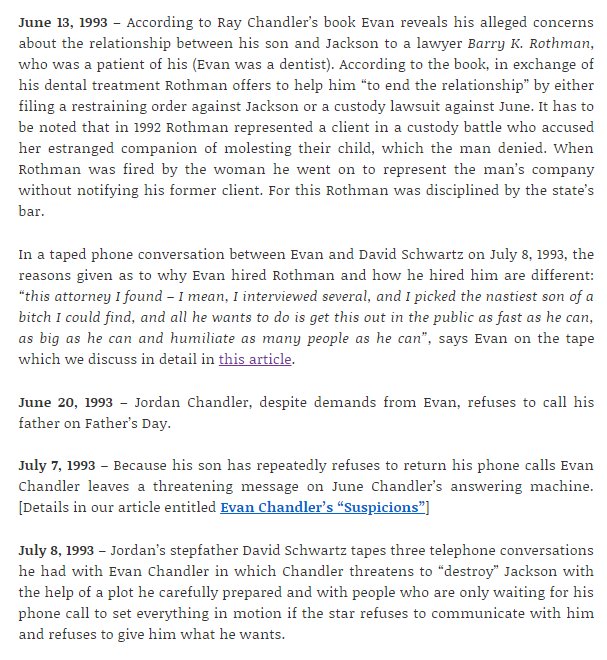1: The best case scenario for a child-male or female- is the active participation of both parents in his/her upbringing.
But what if we were dealing with situations that are far from ideal, like our current lives?
When it comes to kids, the sunnah teaches that good islamic upbringing is one of the rights of the child, but even then, Quran & Sunnah..
There’s a scriptural reason.
Contrary to popular, traditional thought which places emphasis on the upbringing of girls (indeed, SAW was a father of 4 girls who lived to adulthood)..
[🤔Perhaps, because it is a “societal given”, there is no similar parent-daughter snaptshot in the Quran]
Tragic.
Here's another problem with our ummah : our society does not generally subscribe to parents & kids sharing a meal.
So you see, unlike the Quranic model which teaches a clear, direct, active upbringing relationship between fathers and sons..
May Allah, bless all parents & ease parenting for them.
Our ummah clearly needs major transformation in gender and family dynamics. We must rise above the weight of “culture” that even hinders the fulfillment of islamic duties.
Work to do.
PART II: Brainstorming constructive solutions for Arewa (coming soon😉)










